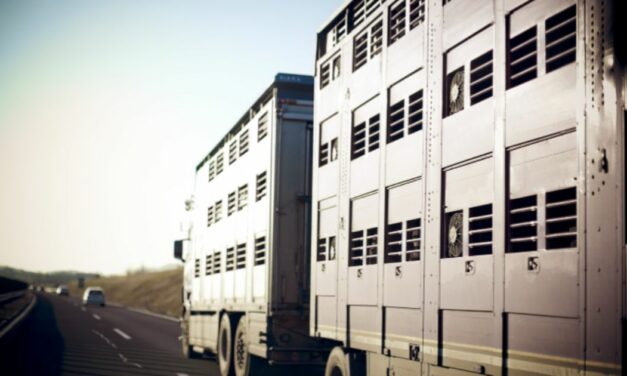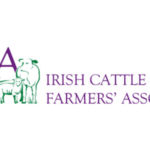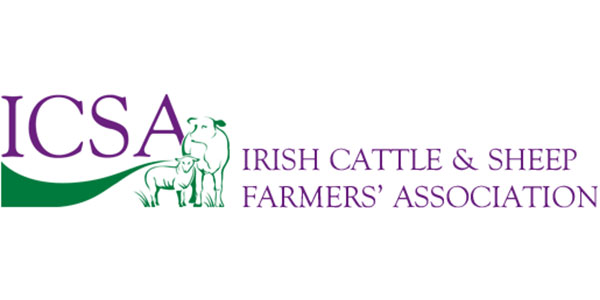30 MAY 2018
ICSA sheep chairman John Brooks has said farmer frustration is growing with dismal returns on the sale of wool. “Wool prices are so depressed that they no longer cover the cost of shearing. It just amounts to yet another cost that sheep farmers have to absorb.”
Mr Brooks said, “The fine weather has arrived and we are in the middle of the shearing season. However, with wool currently worthless, farmers will be facing a loss financially at the end of shearing season. With new costs associated with the Clean Livestock Policy for sheep and EID tagging being foisted on sheep farmers, this additional cost is something that just can’t be borne. Long term we may even face a welfare issue if the poor price trend for wool is not reversed.”
In light of this Mr Brooks added, “ICSA believes the time has come to address the current apathy towards wool in this country and right around Europe. The demise of the indigenous wool industry has resulted in wool remaining both underused and undervalued. Wool is an important natural resource yet the wool industry has been completely cast aside. However, there is huge potential to capitalise on a revitalised wool industry and this needs to be given serious consideration.”
“We need to see a concerted effort made to breathe life back into the industry. At a time when low carbon, low waste, biodegradability and renewability are the factors by which products and processes are judged, wool scores high on all. Efforts will have to focus on increasing awareness of this and remarketing wool as green and efficient commodity which is a viable alternative to fossil fuel based synthetic fibres. As sheep have to be shorn every year, wool is not only an important natural resource but also an abundant and renewable resource. Unfortunately, the competition from cheaper synthetic fibres means we constantly have to battle for a fair fleece price.”
“While wool products may be more expensive, there are emerging concerns around the high environmental and human rights costs associated with producing cheap synthetic clothing, most of which are made in developing countries. So, while wool may seem comparatively dear, if all the true costs of producing synthetic fibres were taken into account, it might not seem that expensive.”
“The uses for wool are many and varied and certainly not limited to just clothing. Bedding, furniture, soft furnishings, carpets and even fertiliser can all be produced from wool. It is also an excellent means of insulation and can insulate the home providing and retaining warmth, all while reducing energy costs. Yet, wool processing in Ireland is done only on a very small and niche scale.”
“We cannot afford to ignore an opportunity like this when such a valuable natural resource is available to us in vast quantities. Utilising our renewable natural resources must be made a priority and wool needs to feature strongly in that category going forward. Consumer momentum is certainly moving in that direction and ICSA would like to see the Irish government take a lead on this issue and also to push for a revitalisation of the industry at a European level.”
ENDS






